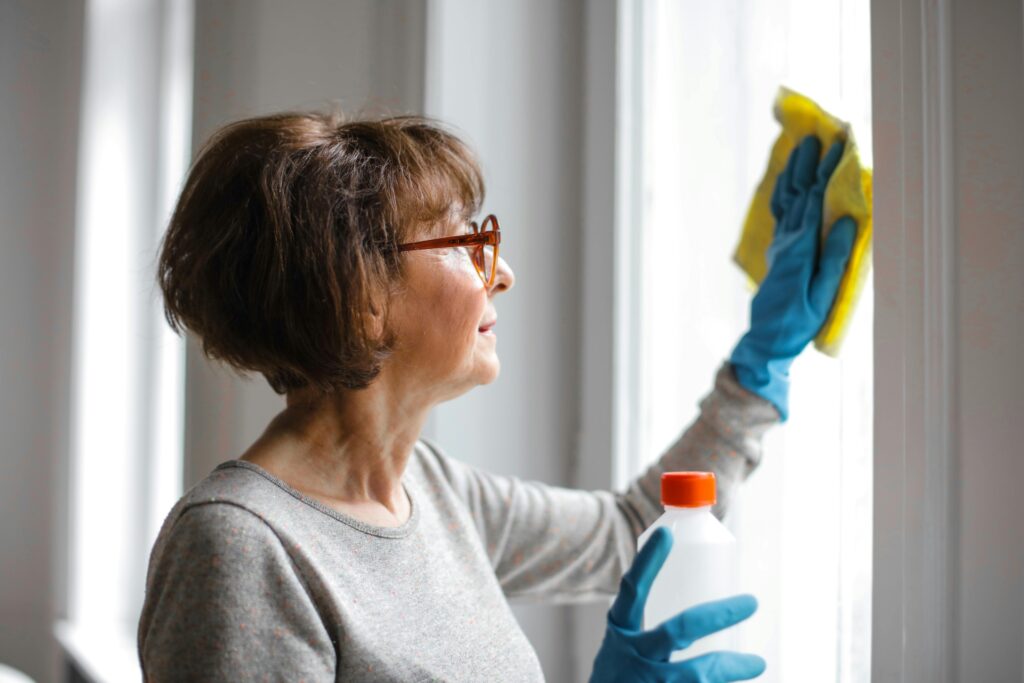
We all want to feel clean and safe. But for some people, the fear of contamination goes beyond normal concern — it becomes a daily struggle with thoughts, germs, and the need for control.
In Obsessive-Compulsive Disorder (OCD), the fear of contamination can cause intense anxiety, disgust, and avoidance of objects or surfaces that might be dirty — even if they aren’t. To reduce this discomfort, the person engages in cleaning rituals: handwashing, disinfecting, changing clothes, avoiding contact or public spaces.
The trap of control
Compulsive cleaning brings short-term relief, but it reinforces the cycle. Each time someone washes their hands “just to be sure,” the brain receives the message:
“There really was danger – you did the right thing.”
Over time, the brain becomes more alert, the fear stronger, and the rituals longer — until control feels impossible.
When is disgust normal?
Disgust is a natural and protective emotion — it keeps us safe from real contamination or harm.
But when disgust extends to neutral or safe situations (like touching a doorknob or another person), it stops protecting us and starts limiting us.
In OCD, disgust often reflects a deeper need for purity and moral perfection, rather than physical safety. It’s as if the mind says:
“If it’s dirty, then I’m careless — or bad.”
One step at a time
Recovery doesn’t mean never feeling disgust or anxiety again — it means not letting them define your life.
Through gradual exposure, mindfulness, and compassion, a person can learn to trust their body and environment again — without the need to control everything.
